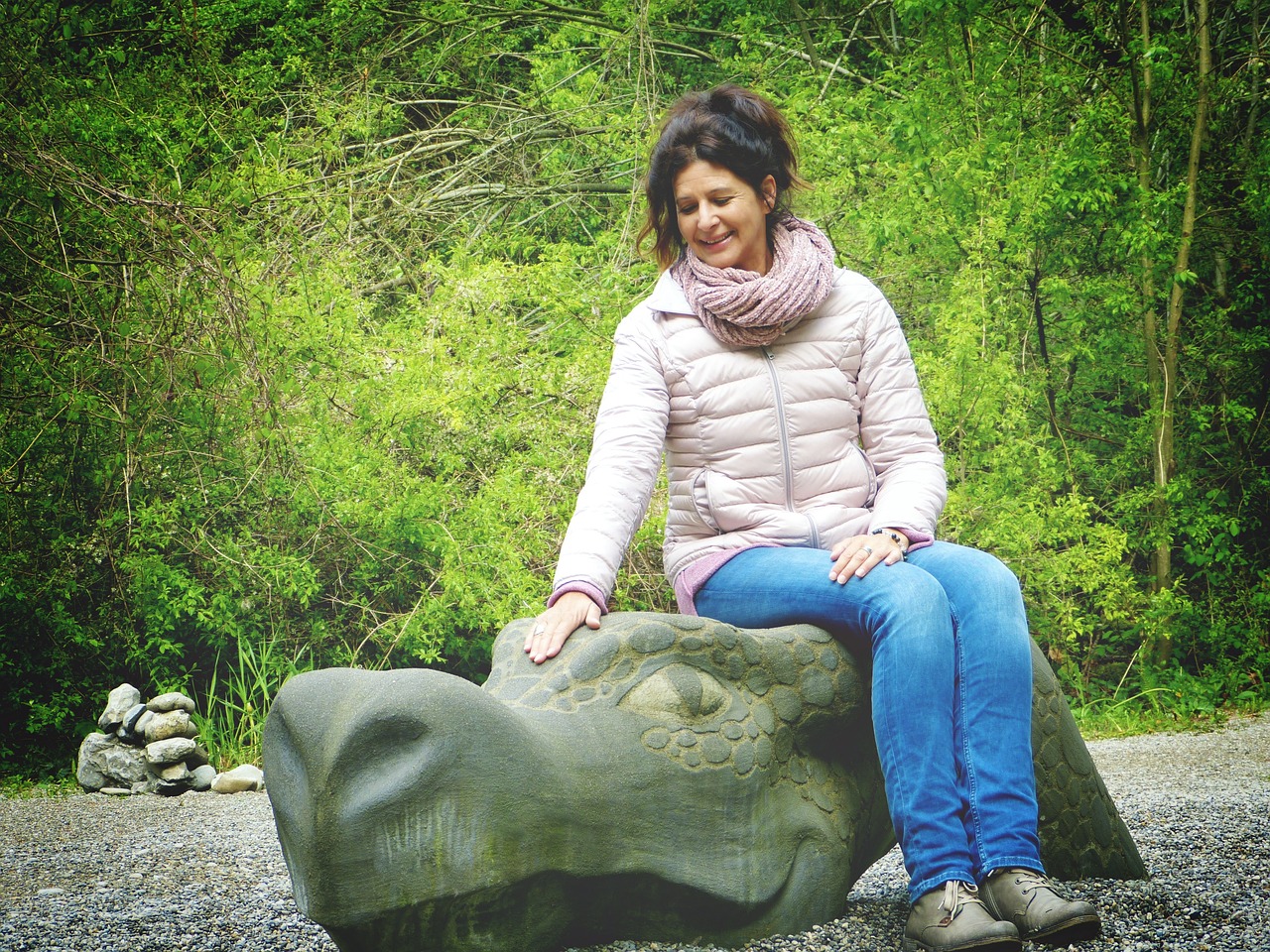Examining the Benefits of Outdoor Learning Environments
When it comes to learning, the role of nature should not be underestimated. Research has shown that exposure to natural environments can significantly enhance cognitive abilities and academic performance in students of all ages. Being surrounded by green spaces and natural elements has been linked to improved concentration, creativity, and problem-solving skills.
Nature also has a calming effect on students, reducing stress levels and promoting a positive learning environment. Studies have found that spending time outdoors can increase attention spans, memory retention, and overall academic achievement. In today’s fast-paced world, incorporating nature into educational settings can be a powerful tool for optimizing learning outcomes.
Improved Physical Health and Well-being
Spending time in nature has been linked to numerous physical health benefits. Engaging in outdoor activities such as hiking, biking, or even simply taking a walk in a park can contribute to improved cardiovascular health, weight management, and overall physical fitness. The fresh air and sunlight in natural environments can also boost the immune system and increase vitamin D levels, promoting a stronger and healthier body.
Furthermore, being in nature can have a positive impact on mental well-being, which in turn can benefit physical health. Studies have shown that exposure to natural settings can reduce stress, anxiety, and depression. Lower levels of these mental health issues can lead to better sleep quality, higher energy levels, and overall improved physical health. Additionally, the sense of calm and tranquility that nature provides can help lower blood pressure and decrease the risk of chronic diseases associated with stress.
– Spending time in nature can improve cardiovascular health, weight management, and overall physical fitness
– Fresh air and sunlight in natural environments boost the immune system and increase vitamin D levels
– Exposure to natural settings can reduce stress, anxiety, and depression
– Lower levels of mental health issues can lead to better sleep quality and higher energy levels
– The sense of calm and tranquility in nature can help lower blood pressure
– Being in nature decreases the risk of chronic diseases associated with stress
Enhanced Cognitive Development
Exposure to natural environments has been found to have a profound impact on cognitive development in individuals of all ages. Studies have shown that spending time in nature can enhance cognitive functions such as attention, memory, and problem-solving skills. The calming and rejuvenating effects of nature help to reduce mental fatigue and improve focus, ultimately leading to improved overall cognitive performance.
Furthermore, engaging with the natural world stimulates creativity and encourages critical thinking. Nature provides a rich sensory experience, allowing individuals to explore and discover new stimuli that can spark innovative ideas and solutions. By nurturing a connection to the environment, individuals are able to broaden their perspectives and develop a deeper understanding of the world around them, thereby enhancing their cognitive flexibility and adaptability.
How does nature impact cognitive development?
Nature has been shown to have a positive impact on cognitive development, as exposure to natural environments can improve attention, memory, and problem-solving skills.
Can spending time in nature improve physical health?
Yes, spending time in nature has been linked to improved physical health, including reduced stress levels, lower blood pressure, and enhanced immune function.
How can being in nature improve overall well-being?
Being in nature can improve overall well-being by reducing feelings of anxiety and depression, promoting relaxation, and increasing feelings of happiness and contentment.
What are some activities that can enhance cognitive development in nature?
Activities such as hiking, bird-watching, gardening, and mindfulness practices in nature can all help enhance cognitive development and overall well-being.
How can we incorporate more time in nature into our daily routines?
To incorporate more time in nature into your daily routine, try taking walks in a local park, gardening in your backyard, or simply spending time outside whenever possible.







